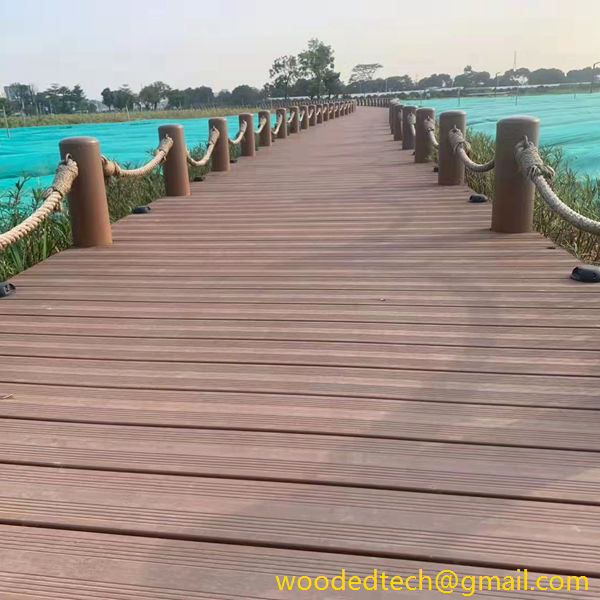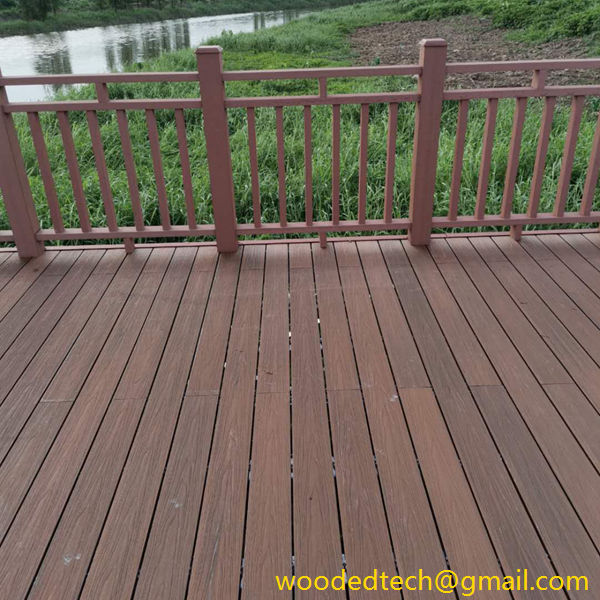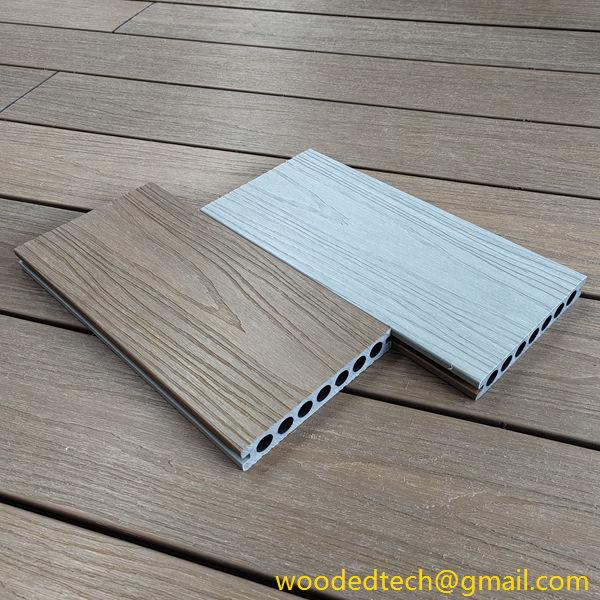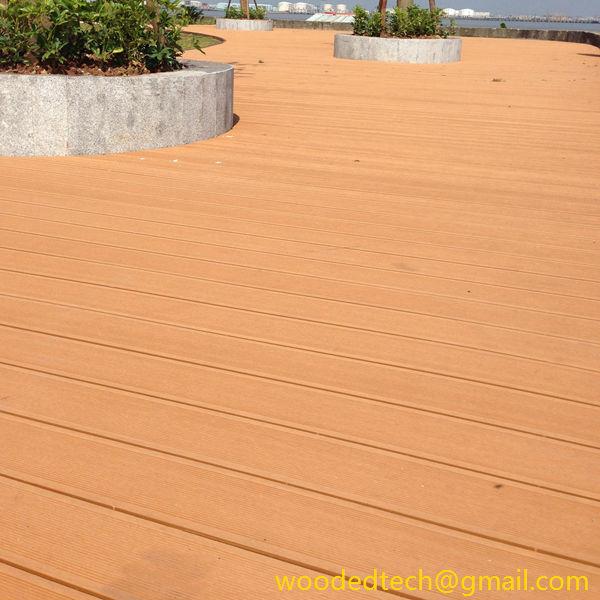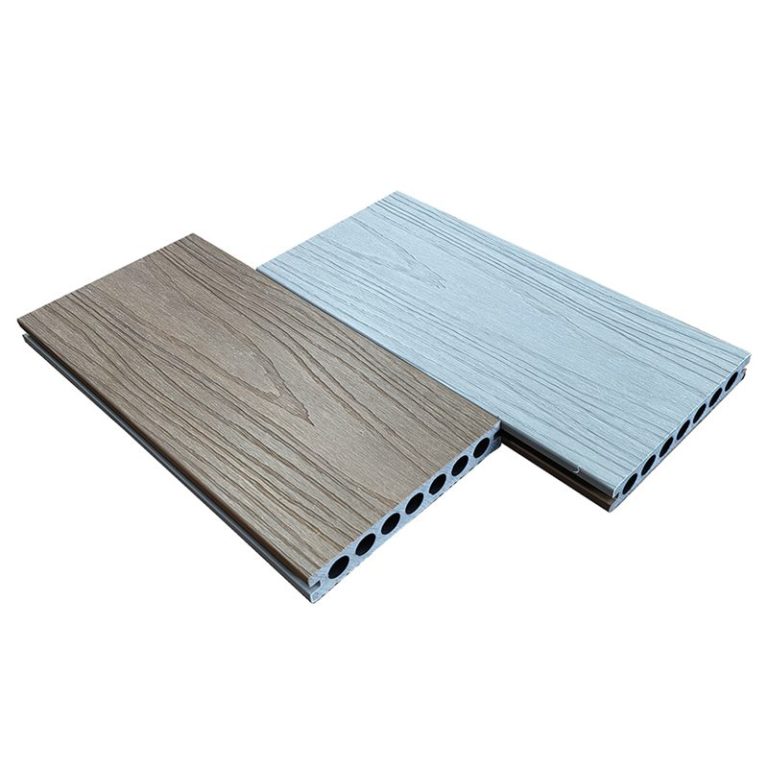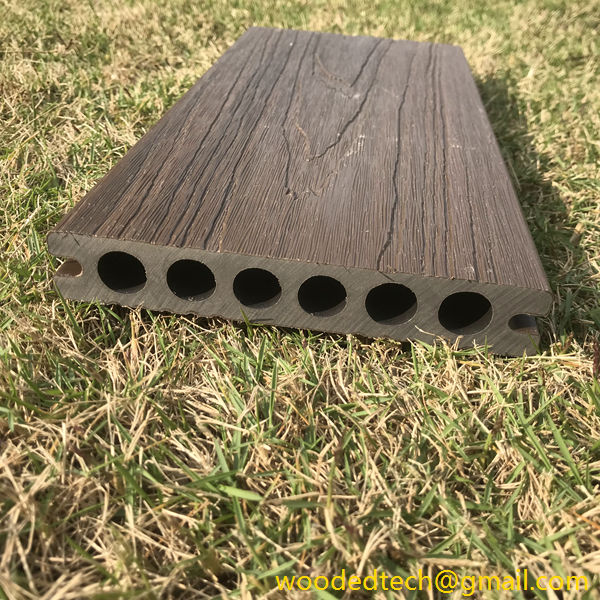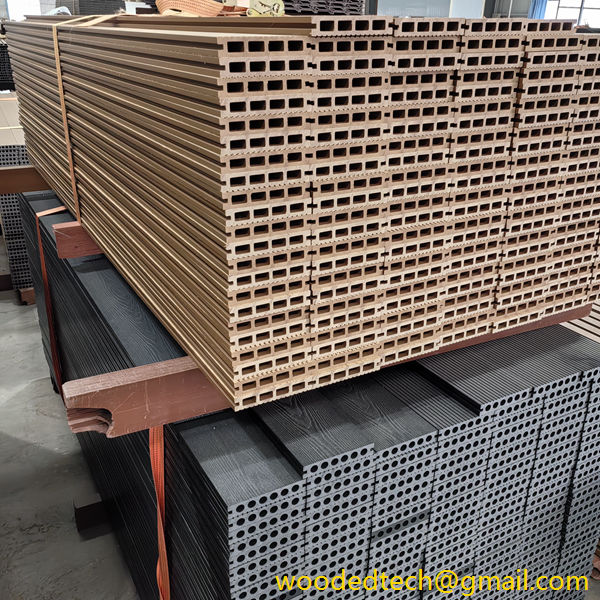Discover the Eco-Friendly Benefits of WPC Deck Eco Solutions
Discover the Eco-Friendly Benefits of WPC Deck Eco Solutions In recent years, environmental sustainability has become a paramount concern across various industries, including construction and outdoor living. The desire for eco-friendly materials has grown, pushing consumers and businesses alike to search for solutions that not only meet aesthetic and functional needs but also contribute positively…
Discover the Eco-Friendly Benefits of WPC Deck Eco Solutions
In recent years, environmental sustainability has become a paramount concern across various industries, including construction and outdoor living. The desire for eco-friendly materials has grown, pushing consumers and businesses alike to search for solutions that not only meet aesthetic and functional needs but also contribute positively to the environment. One such innovative product that has risen to popularity is Wood Plastic Composite (WPC) decking. WPC deck solutions echo the call for sustainability while providing a wide array of performance benefits that set them apart from traditional materials.
WPC is a composite material, typically consisting of a blend of recycled wood fibers and plastic. This unique combination offers a diverse range of advantages that make WPC decking a smart choice for environmentally conscious consumers. One of the most compelling eco-friendly benefits of WPC decking is its sustainability. Traditional wooden decks require timber sourced from trees, which can lead to deforestation and habitat destruction if not managed responsibly. In contrast, WPC decking utilizes recycled materials, significantly reducing the demand for new timber and promoting a circular economy.
Moreover, the recycling aspect of WPC extends beyond just reducing timber consumption. The plastic components of WPC often come from post-consumer waste, such as discarded bottles and packaging materials. By repurposing these plastics, WPC not only diverts waste from landfills but also reduces the environmental impacts associated with producing new plastic materials. This process of turning waste into a valuable product is an essential step in minimizing our ecological footprint and fostering an environment where materials are reused rather than disposed of.
In addition to its sustainable composition, WPC decking is built to endure. Unlike traditional wood that may warp, crack, or splinter over time, WPC is engineered to resist these issues, leading to a longer product lifespan. This durability means that fewer materials need to be produced over time, which further conserves natural resources and reduces the energy input associated with manufacturing new decking materials. Moreover, the longevity of WPC decking minimizes the need for frequent maintenance or replacement, thereby reducing the overall ecological impact over the product’s life cycle.
Another key eco-friendly advantage of WPC decking is its energy efficiency. The manufacturing of WPC boards often requires less energy compared to producing traditional wood or other composite materials. By consuming less energy in the production process, WPC contributes to lower greenhouse gas emissions, addressing one of the significant factors contributing to climate change. The reduced energy consumption in both production and the subsequent long-term benefits of a lower-maintenance product amplifies WPC’s appeal to environmentally conscious consumers.
WPC decking is also resistant to moisture, insects, and mold, reducing the need for chemical treatments that are commonly used on wooden decks. In traditional decking, chemicals for preservation and pest control can leach into the soil and water supply, posing risks to both human health and the ecosystem. By choosing WPC, consumers can avoid these harmful chemicals, contributing to a healthier environment both for themselves and for future generations.
Furthermore, WPC decking often comes in a variety of colors and textures that mimic the look of natural wood while providing greater consistency and long-lasting aesthetics. This ability to achieve a high-end appearance without sacrificing environmental integrity makes WPC a desirable option for those aiming to enhance their outdoor spaces with minimal ecological harm.
The maintenance of WPC decking is also a significant eco-benefit. Traditional wood requires regular staining or sealing, which often involves the use of harmful chemicals and solvents. In contrast, WPC decking typically requires little more than occasional cleaning with soap and water. This simplicity not only saves time and effort for homeowners but also minimizes the use of harmful substances that could otherwise damage the environment.
Additionally, many manufacturers of WPC decking are committed to environmentally friendly practices during production, including responsible sourcing of raw materials and energy-efficient manufacturing processes. Choosing products from these responsible manufacturers enhances the eco-friendly aspect of WPC decking, allowing consumers to make informed decisions that align with their values.
In conclusion, WPC deck eco solutions present a remarkable array of eco-friendly benefits that resonate strongly with a growing base of environmentally conscious consumers. Its sustainable composition, durability, energy efficiency, and low maintenance requirements position WPC decking as a forward-thinking alternative to traditional materials. By opting for WPC, individuals and businesses alike contribute to a more sustainable future, allowing us to enjoy beautiful outdoor spaces without compromising the health of our planet. As the demand for eco-friendly materials continues to grow, WPC decking stands out as a leading choice for those seeking to harmonize style, function, and environmental responsibility.

